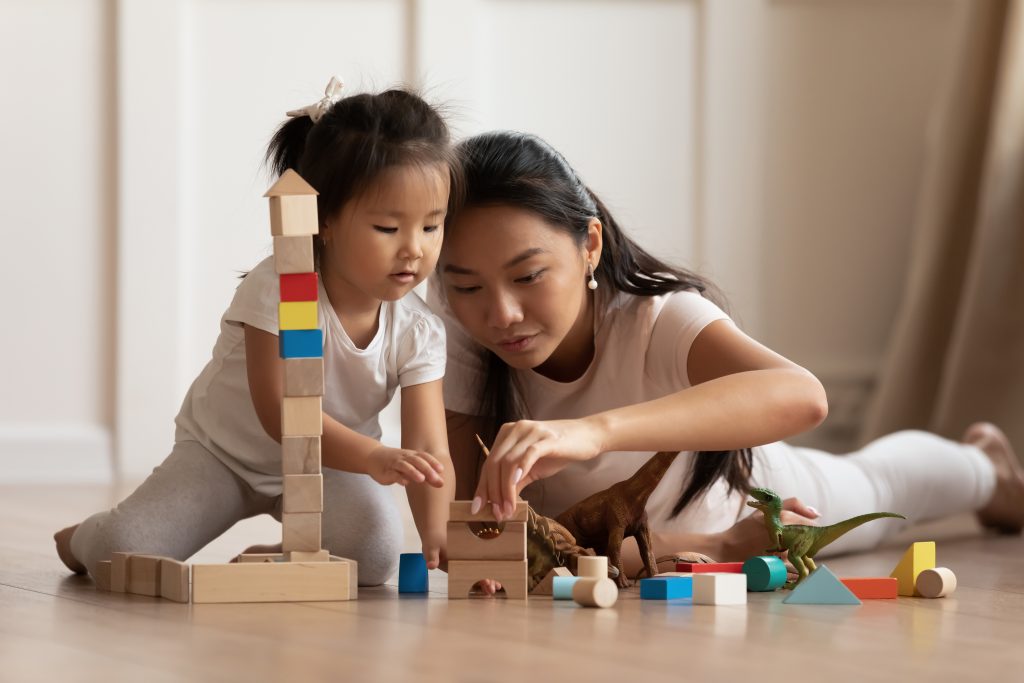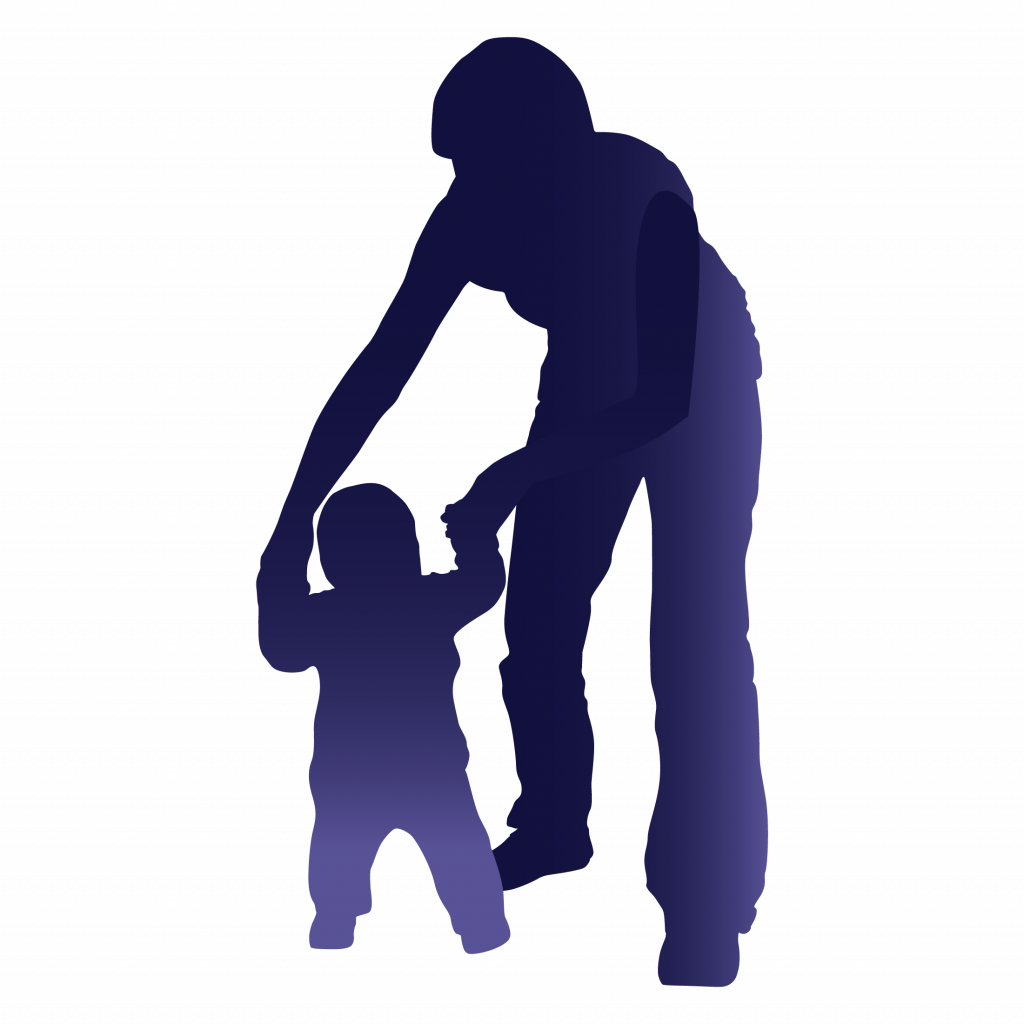During the first few years of a child’s life, their brains develop quickly. More than 1 million new neural connections form every second. By starting early, you and others who care for your child can help set them up for a lifetime of learning.
If you’re an early care or education provider, check out our page on our Little Wonders campaign dedicated to child development. You’ll find handouts, posters, videos and more that you can use in your program and share with families.
Why is early childhood such an important phase in development?
There are many simple things you are probably already doing that support your child’s development. Find out how you’re already building your child’s brain and learn new strategies to help them learn and grow. Check out key strategies to support child development.
How can I learn more about child development?

You know your child better than anyone. But you might want to learn more about child development and common milestones. There are many resources available!
- Child care providers, home visitors, doctors, and other professionals have expertise in child development and can be a great resource. Reach out so that you can work together to support your child!
- The Connecticut Early Learning and Development Standards (CT ELDS) were developed to help families, communities, and schools work together to support children’s early learning and growth. There are many resources related to the CT ELDS including strategies to support learning at home and documents for teachers and providers.
- The Centers for Disease Control (CDC) has information about the ages when most children reach milestones in how they play, learn, speak, and move. Paying attention to your child’s milestones will help you track their development. Visit the CDC’s Act Early website.
- The Connecticut Parent Advocacy Center offers free phone consultation, a website, and trainings for parents and professionals supporting children with any disability or chronic conditions, from birth through age 26. CPAC is fully staffed by families of students with disabilities including bilingual Spanish, Portuguese, Creole, and French speaking Parent Consultants.
What if I have questions or concerns about my child’s learning and development?

Visit the OEC webpage about ways you can get help with questions related to your child’s development

